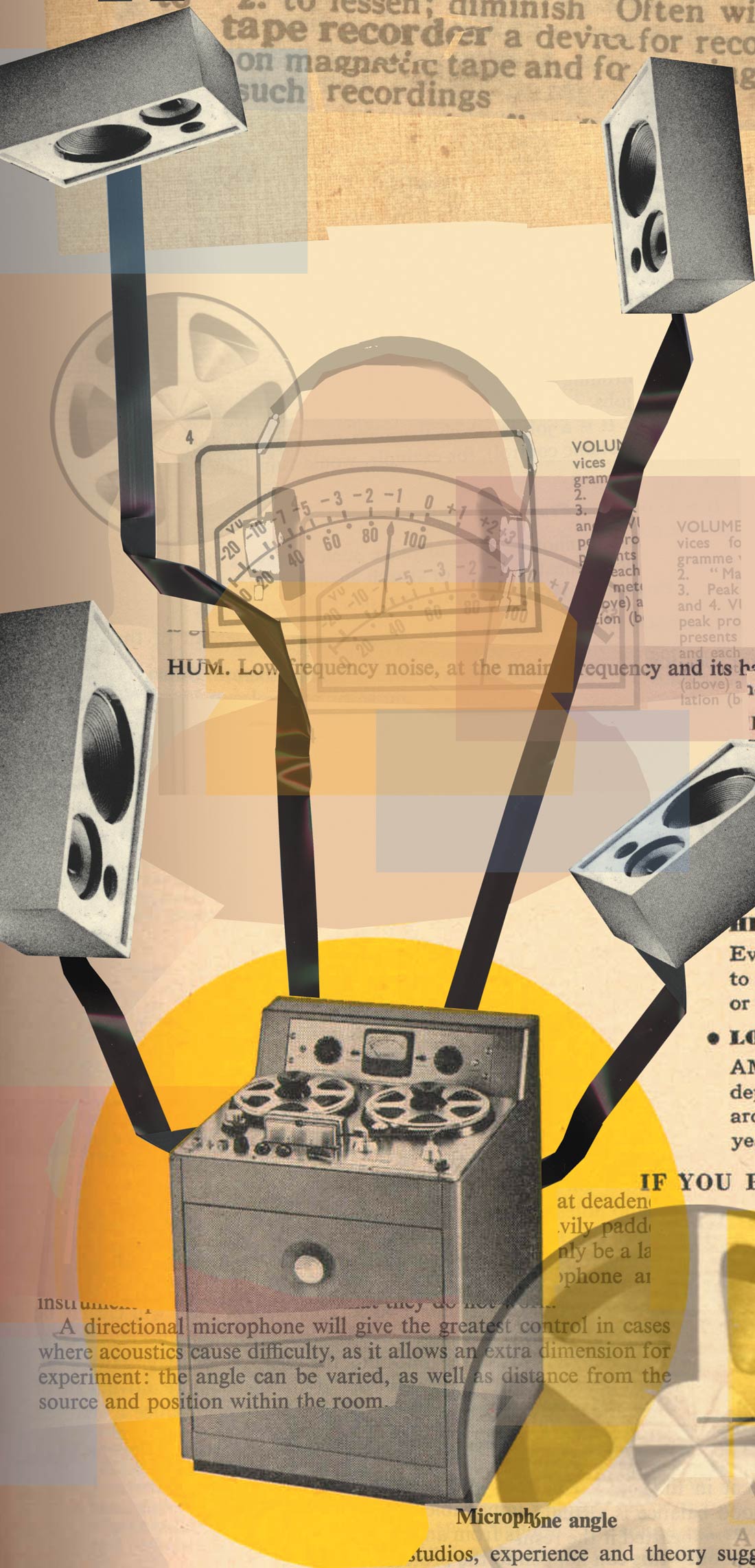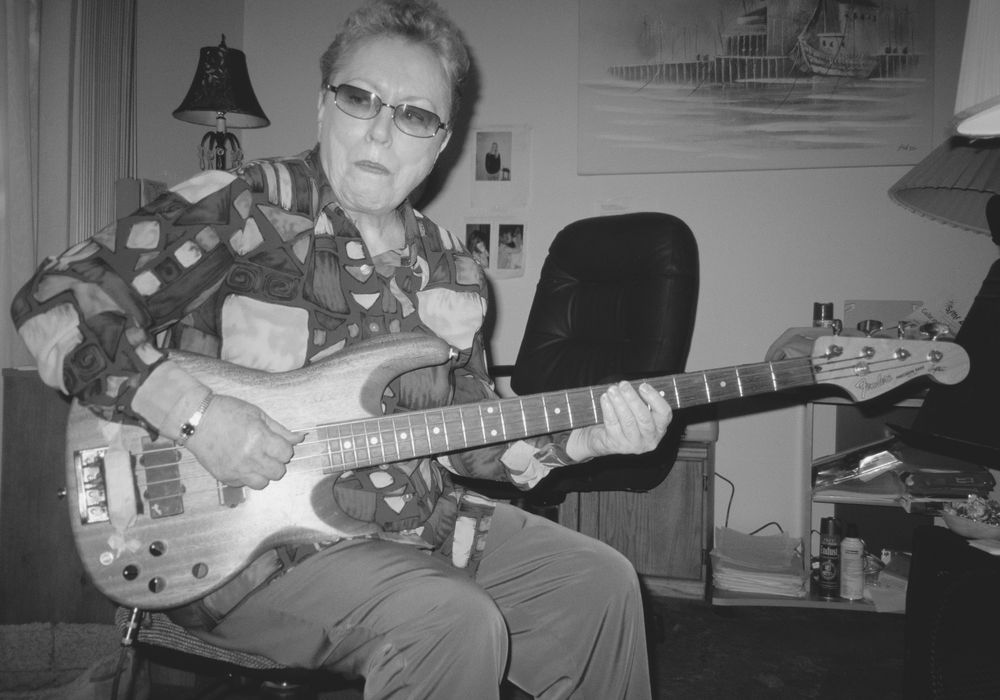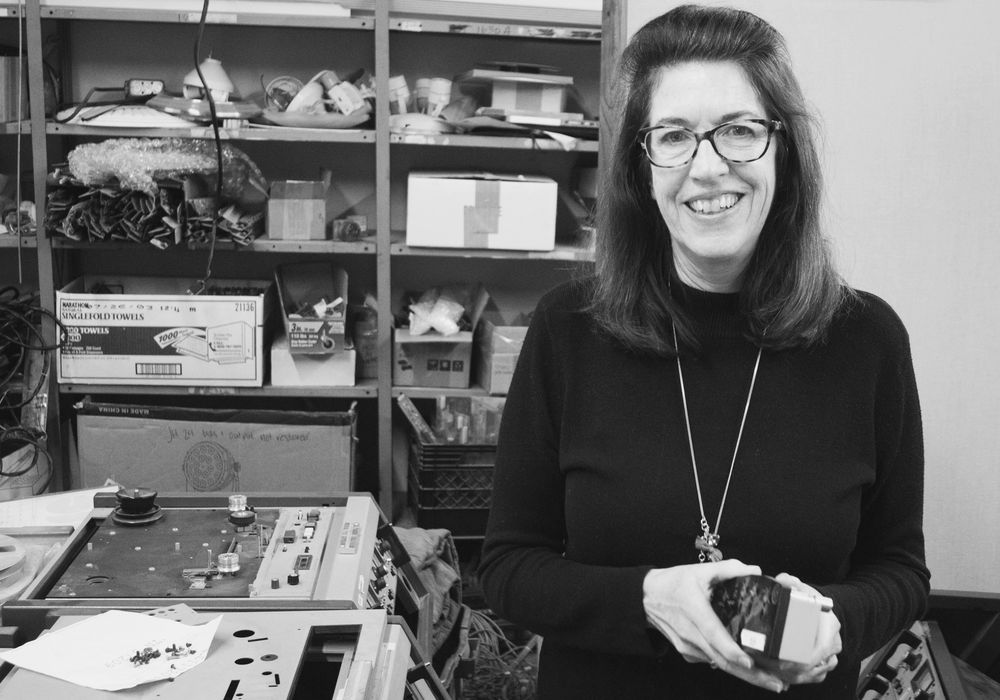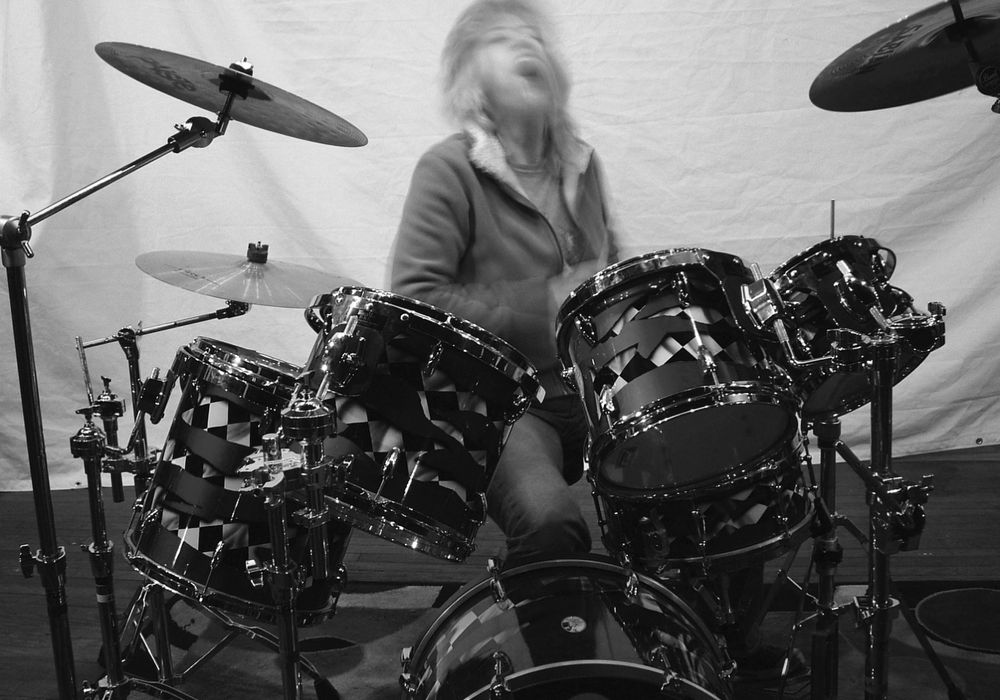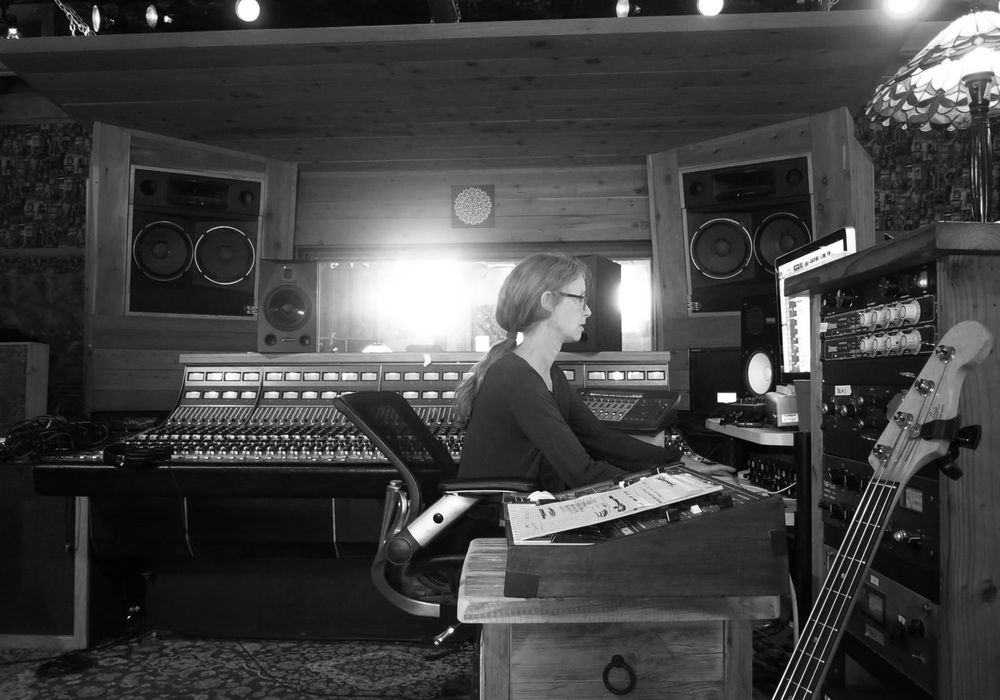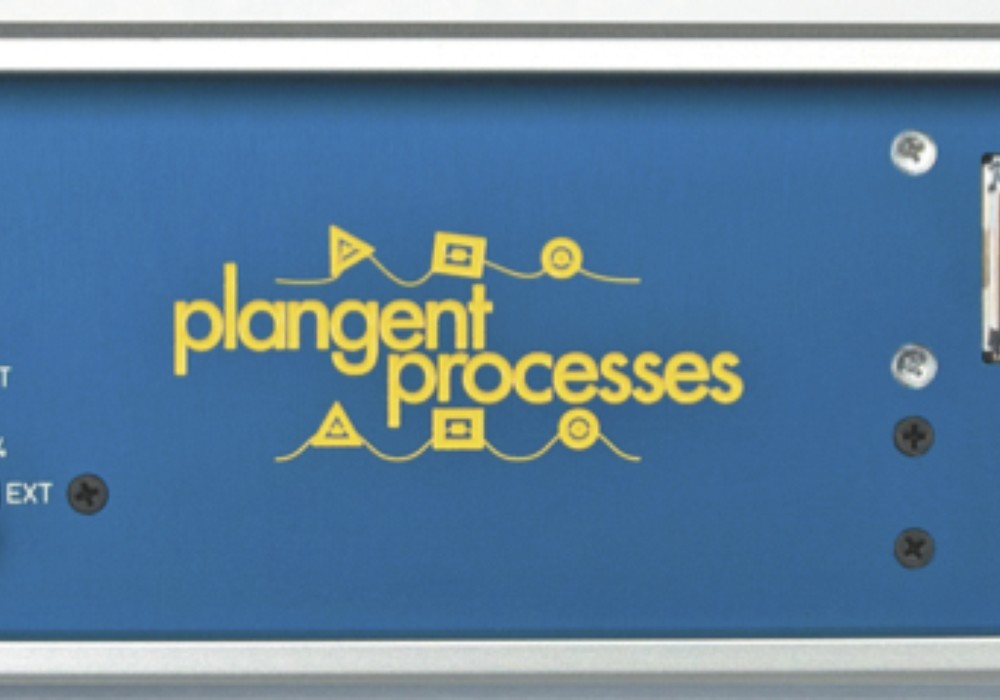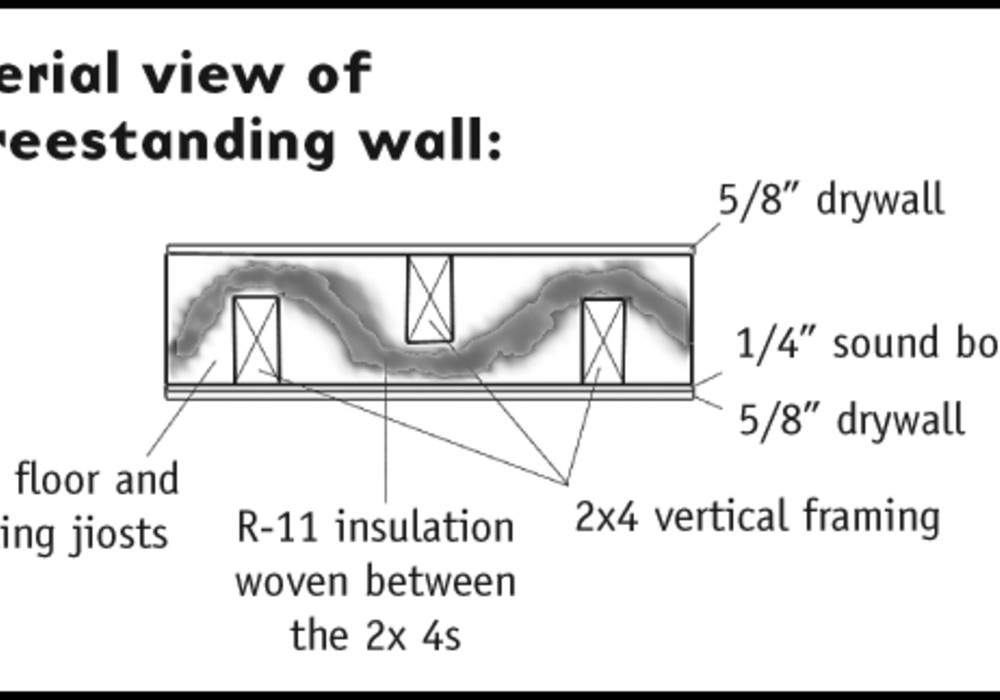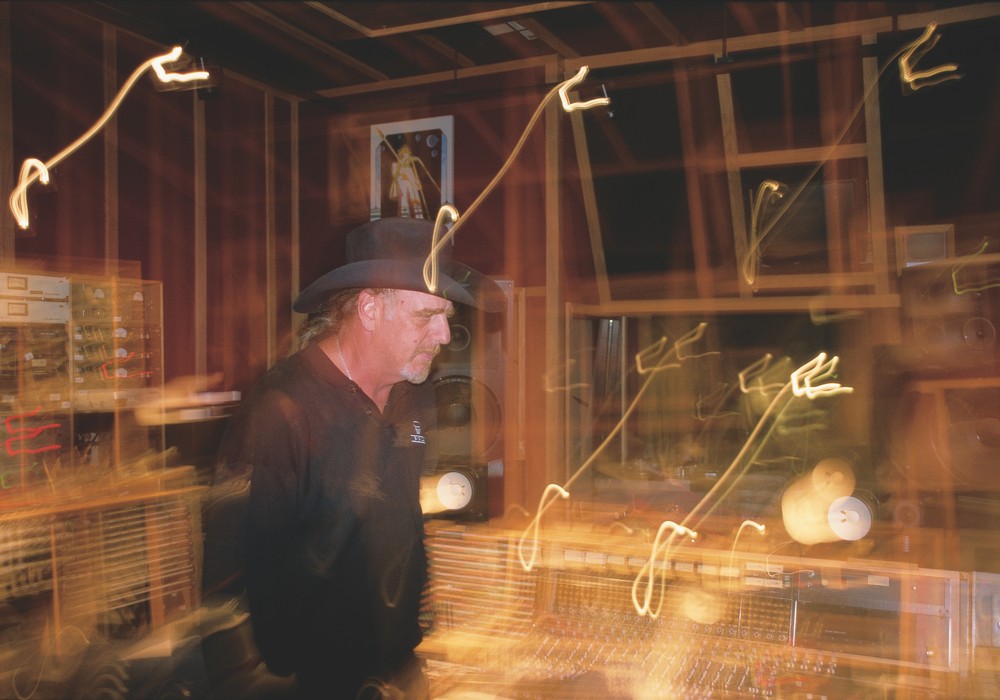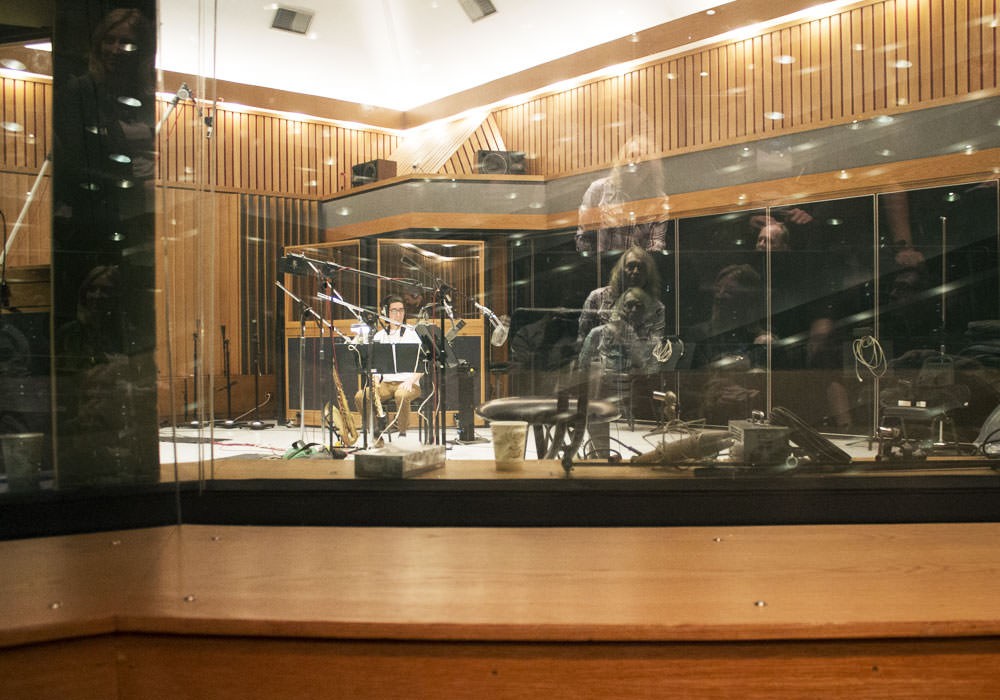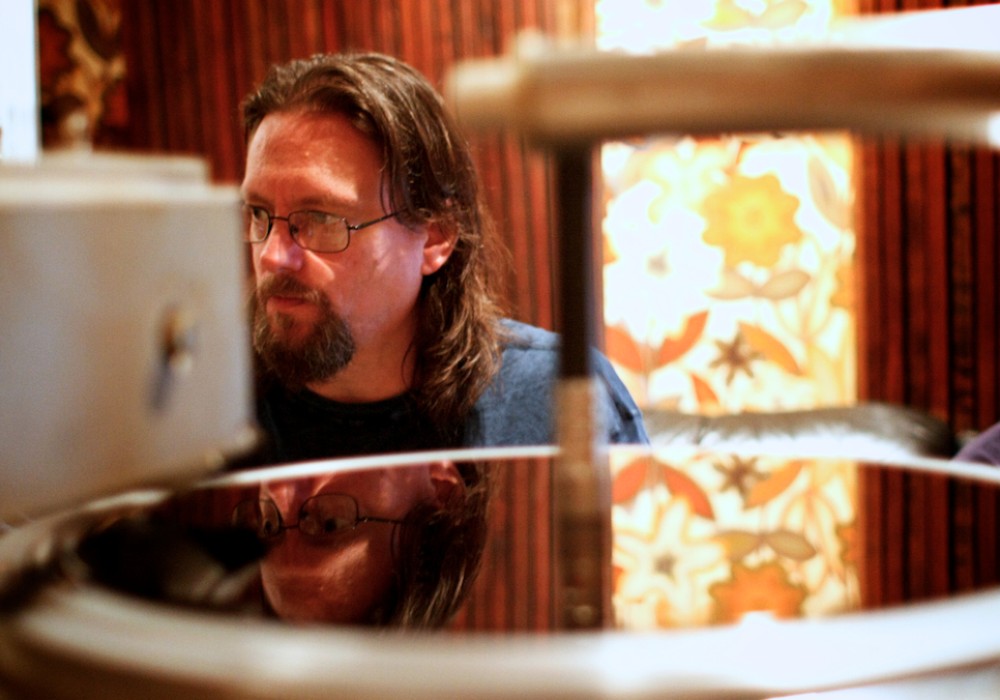What was it like working with producer Craig Street?
It was actually my second record with Craig. We had previously worked on Eco de Sombras, and the first recording was just fantastic. It was such a pleasure to work together. Of course music is the center of our communication, work, and leads us spiritually to whatever we are doing. Always communicating through and for the music. That was my first experience working with him in Peru, and since then I've been waiting with full expectations to work with him again because it was such a great pleasure.
I heard the rough mix of the new record.
I also listened to the rough mixes and I enjoyed it very much. I thought it was fantastic. I felt it was very emotional. Something striking was that I found many surprises. I would listen to things and think, "Jesus, did we do this?" I was actually shocked at how well things had gone on. So I decided in order to be more calm and cold about my appreciation of the work, I would wait and let the passion calm down and didn't listen to it for a few days trying to be more impartial about it. The reason I say all this is because you know how this record came about, the circumstances surrounding it. We arrived on the 6th of September and started recording on the 13th after a couple days of rehearsal. On those days I was singing to that moment. Thinking of all the people. Singing to the Peruvian and to the American musicians and it didn't feel like the usual studio recording. It felt very different in the sense that I wasn't very aware of what I was doing, only working with feelings. It was coming purely from the soul. In that sense it was a different kind of recording and the level of awareness was lower. For example one of the songs, it made my hairs stand on end. It just felt very cathartic to play that song at that moment. It was like we were all throwing away all our pain and anger. It was very, very intense. I don't know if that version of the song will actually be on the album, but I remembered that particular case.
How are things going with the Instituto NegroContinuo? [The organization Susana and Ricardo started to preserve and catalog the disappearing African influences on Peruvian culture.]
We keep working and investigating. We have a pretty big archive and library and people come to do their research. They come to Lima looking for books or recordings and to listen to material. For example, right now there is an important rock musician that is right now listening to those recordings and basing part of his forthcoming work on the Afro-Peruvian music and doing some small recordings in our studio in Lima.
Can I ask who that might be?
Raffo Rais, a very well-known Peruvian rock singer and he's also a composer. It's underground rock. In Peru, among young people, he's one of the most famous musicians. He's working on his own music, and he will be doing his version of "Se Me Van los Pies," which is one of the songs I've been singing.
I have to say again thank you so much and I hope of course everyone is well in Lima and thanks again. It was a pleasure to talk with you today.
There is an expression in Spanish that means I will look forward to seeing you forever.
Egualmente Susana, gracias!
